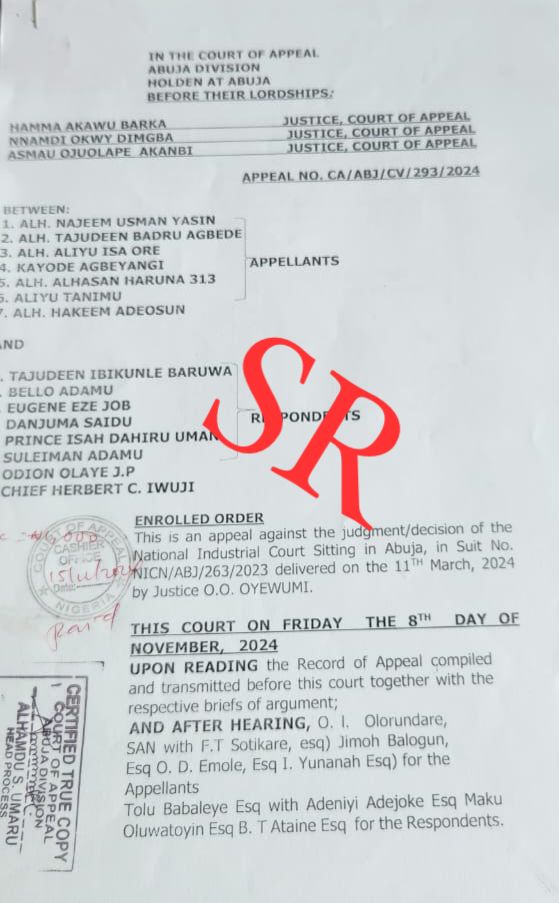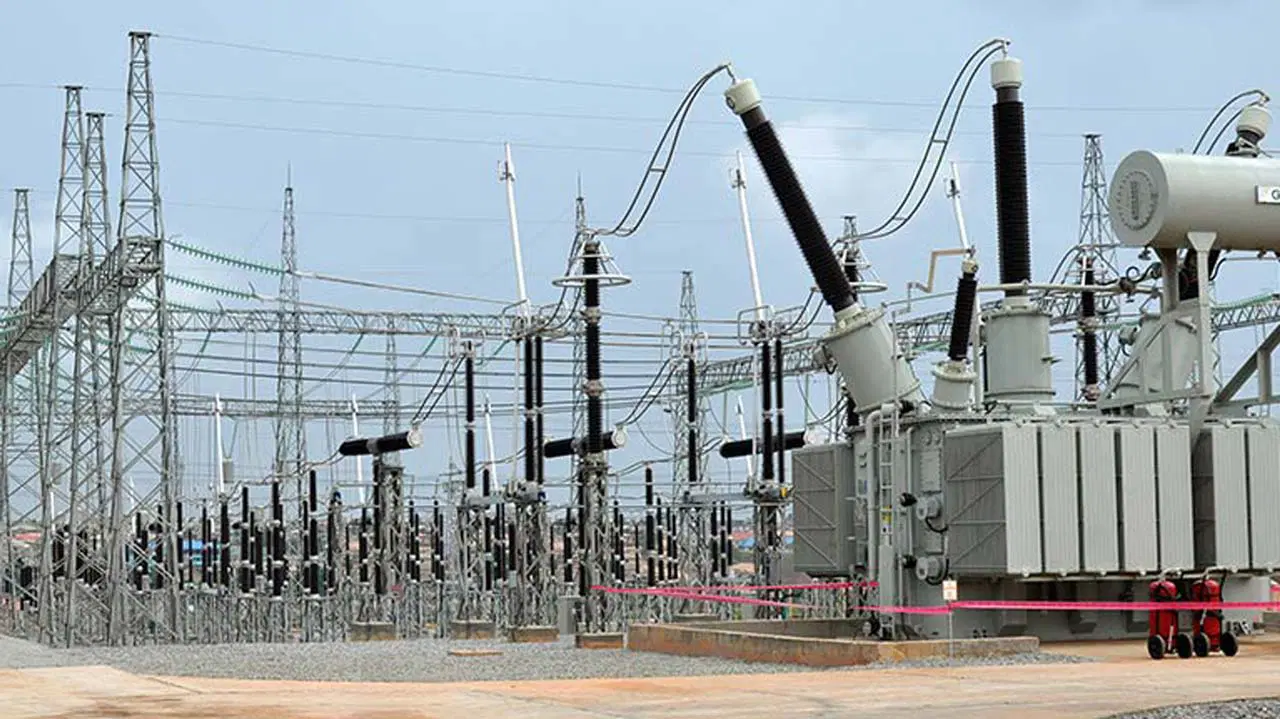The recent revelations about Nigerian civil servants who have relocated abroad and are still drawing salaries from federal coffers, highlights a deeply entrenched culture of corruption and negligence that plagues the system.
President Bola Tinubu‘s directive ordering these absentee civil servants to refund fraudulently collected salaries is a step in the right direction, but it merely scratches the surface of a much deeper problem.
In the opinion of this newspaper, the fact that such brazen misconduct could occur unchecked for years speaks volumes about the systemic failures within Nigeria’s civil service.
The case of the Nigerian taxi driver in the United Kingdom, who candidly admitted to receiving monthly payments as a junior official in a government agency back home two years after leaving the country, is not an isolated incident.
It is symptomatic of a pervasive lack of accountability and oversight that has allowed corruption to flourish unchecked.
The head of the Civil Service of the Federation, Dr. Folasade Yemi-Esan, proudly proclaimed Nigeria’s civil service as “the best in the world.” This statement, while perhaps intended to boost morale, rings hollow in the face of these scandals.
The truth is that Nigeria’s civil service, far from being a paragon of efficiency and integrity, has become a bloated, inefficient bureaucracy that serves more as a welfare scheme than a productive arm of government.
The low work output and productivity rate of many civil servants stand in stark contrast to the high-performing civil services of other nations, where the best and brightest are attracted to public service.
President Tinubu’s call for accountability is commendable, but it must be followed by concrete actions. Merely ordering the refund of fraudulently obtained salaries is not enough.
In our view, there must be a thorough investigation to identify not just the absentee workers, but also the supervisors and department heads who enabled this fraud through their negligence or complicity. Only by holding all parties accountable can we begin to restore integrity to the system.
Moreover, the issue of ghost workers and absentee civil servants is just the tip of the iceberg. The rot in Nigeria’s civil service runs deep, manifesting in various forms of corruption, from contract inflation to outright embezzlement of public funds.
The recent identification of a flawed internal audit system by Civil Society Organisations and the Auditor-General of the Federation as a major factor contributing to corruption in Ministries, Departments, and Agencies (MDAs) is a damning indictment of the current state of affairs.
The establishment of internal audit functions in all government entities, as mandated by the Federal Government, has clearly failed to stem the tide of corruption.
This failure underscores the need for a complete overhaul of the system, one that goes beyond mere structural changes to address the underlying cultural and ethical issues that have allowed corruption to thrive.
To truly reform the civil service, Nigeria must take bold and decisive steps. First and foremost, there must be a comprehensive audit of the entire civil service to weed out ghost workers, absentee staff, and those who have fraudulently remained on the payroll.
This should be followed by the implementation of a robust digital identity management system to prevent future occurrences of such fraud.
Secondly, there needs to be a fundamental shift in the recruitment and promotion processes within the civil service. Merit, competence, and integrity should be the primary criteria for both entry and advancement, rather than political connections or seniority. This will help attract and retain the caliber of talent needed to drive efficiency and innovation in public service delivery.
Lastly, there needs to be a fundamental shift in the mindset of both civil servants and the general public regarding the role and importance of the civil service. The notion that government jobs are opportunities for personal enrichment must be decisively challenged and replaced with a ethos of public service and national development.
As President Tinubu rightly pointed out, the civil service is “the bedrock, the engine, the locomotive of government, which is necessary for the government to deliver public goods to citizens.”
A dysfunctional civil service not only hampers effective governance but also erodes public trust in government institutions.
Needless to say,Nigeria’s future as a prosperous, well-governed nation depends on its ability to transform its civil service from a den of corruption and inefficiency into a true engine of national development.
Consequently,the scandal of civil servants drawing salaries from abroad is a wake-up call that Nigeria can ill afford to ignore. It is time for a comprehensive overhaul of the civil service, one that addresses not just the symptoms but the root causes of its dysfunction.
Nigeria must confront the crisis in its civil service head-on, with courage, determination, and a commitment to lasting change. Only then can the country hope to build a civil service truly worthy of being called “the best in the world” – not in empty boasts, but in actual performance and integrity.

 4 months ago
86
4 months ago
86















 English (US) ·
English (US) ·